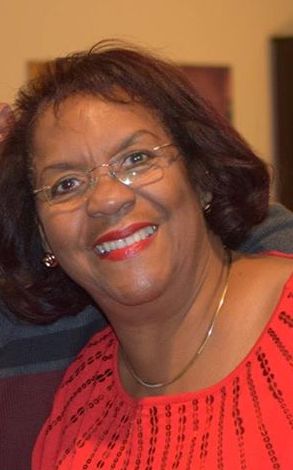Ingrid’s participation at a referee seminar in Argentina
Report Referees seminar
A group of 15 international and national referees of Table Tennis attended a Referees seminar in Buenos Aires, Argentina from 11th to the 13th of March 2015. The Seminar was directed by Werner Thury, the Chair of the ITTF Referees group. He had two other persons who assisted him during the presentation of the program. Isabelle Beumier, with presentation of dr.Wu’s Competition program used for Para events. Ramon Moncho Ortega Montes was the responsible ITTF person for Latin America. who for this seminar was in charge of the case studies and the role play. I was honored as a basic referee and international umpire from Curaçao for having received the opportunity to attend this important seminar.
Very interesting items were on the agenda, like Conflict Management, Procedures and Draw. Besides the theoretical part of the program there was a session dedicated to role play with Para players from Argentina.
To make the talking points very clear for us, a lot of situations were brilliantly presented to us, so that we good understand the topic at hand. Beside the topic points I took the following extra notes:
- In briefing with umpires make clear that before presenting the Yellow Card it’s advisable to allow SOME emotions of the player. But still being consistent in using the yellow card.
- The Referee report has to be kept SIMPLE and SHORT. Write only the errors made during the tournament, so you can learn from them. Give also some recommendations.
- Teamwork and good communication between Referee and Competition manager is most important, but Draw is responsibility of the referee. Changing table is responsibility C.M.
- BEFORE going into the finals have a talk with the umpires, who are officiating.
- Hand signals are NOT OFFICIAL, they need testing.
- At the draw pronounce names of countries and players correctly. Main draw has to be shortly (10 min.) after the last match.
- Referee and deputy referees have to have a good understanding of their tasks. The referee has to know what’s happening in the field of play. Especially the first 5 minutes of the tournament and the last minutes of a match are critical. So BE IN THE FIELD OF PLAY. Paperwork can wait. It’s important to know what you can DELEGATE
- NO-TOUCHING, very important to be aware of the different cultures. (distance-zones: zone of intimacy 60 cm; personal distance: 60-150 cm; social distance 1.5 – 4 m.)
- NO-SHOUTING: the way referees and umpires conduct themselves is very important. You have to be FORMAL at all times. Being too friendly to players or coaches can be misjudged.
- RACKET CONTROL: the umpires do the controlling of the rackets. So they have to know the racket control procedures. Check the ITTF list. The C.M. takes care of the devices. There is a little tolerance in the limit. Final decision is not of the racket controller, but of the Referee.
For me this seminar in Buenos Aires was extremely important, as I have now a better view of the actual work of a referee. I had the chance to meet active referees and have been confronted with actual situations in their line of work. I thank my association FTMK, Curacao’s federation FDOK and Ramon Ortega Montes, Freddy Almendriz, Jose Luis Diaz, Napoleon Boekhoudt for their help in making this trip possible and giving me the chance to make valuable friends/ colleagues from different parts of the world. Now it’s my job to try to raise the level of our umpires and our table tennis tournaments in Curaçao even more.
Ingrid van der Hilst/ International umpire/ Basic referee, Curaçao




